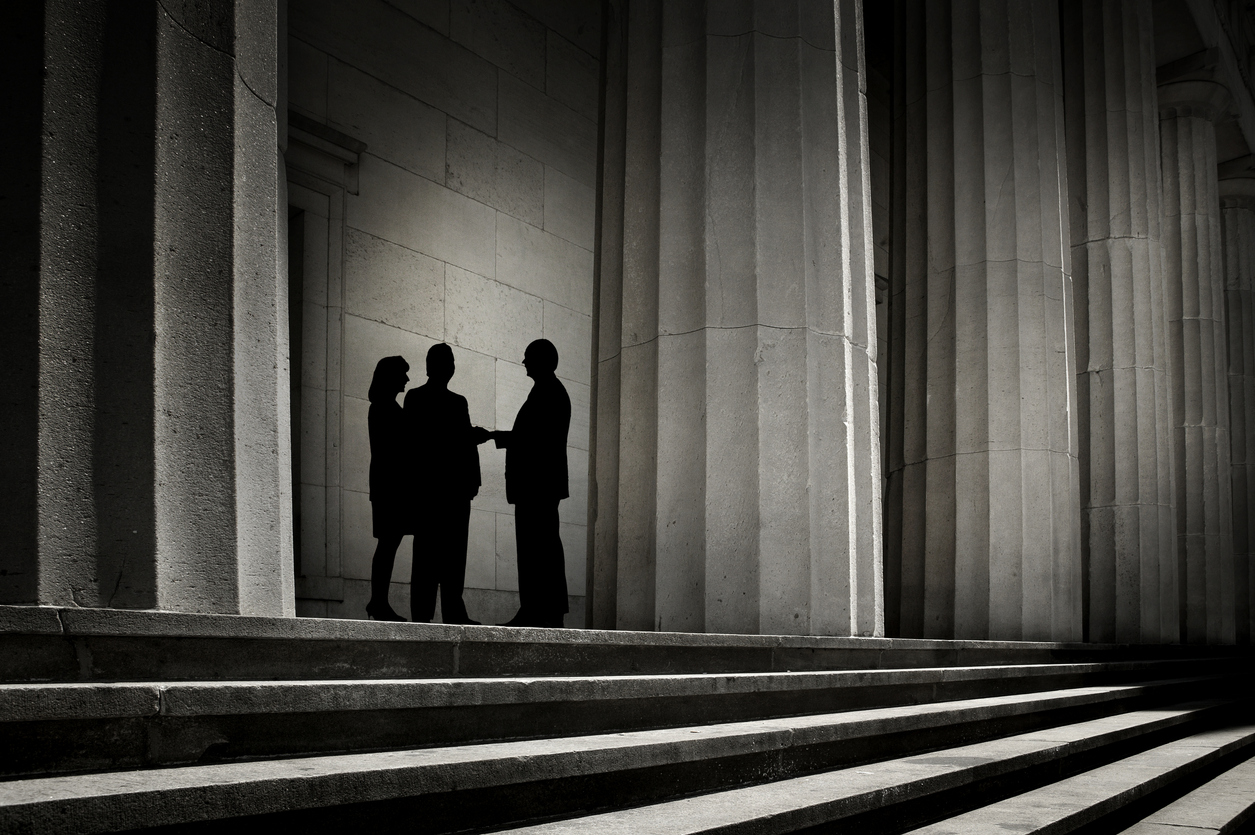DHS audits TSA over facial recognition surveillance

The Department of Homeland Security (DHS) is auditing the TSA’s use of facial recognition technology in airports.
In 2023, the TSA launched a pilot program to test facial recognition surveillance systems, which they rolled out to 25 airports. Since then, the agency has unveiled plans to expand these systems to 430 airports within the next decade, which alarmed US lawmakers.
In November, a dozen senators led by Sen. Jeff Merkley (R-OR) urged DHS Inspector General Joseph Cuffari to investigate the TSA’s use of facial recognition technology. Although the TSA claims it needs facial recognition to verify passports, the agency already possesses technology that can weed out fraudulent passports without the need for facial recognition.
“TSA reportedly plans to introduce next-generation credential authentication technology (CAT) equipped with facial recognition at over 430 airports nationwide,” the senators wrote. “Yet the agency already deploys non-facial recognition devices, known as CAT-1 scanners, which are capable of determining if identification documents are fraudulent. TSA has not provided Congress with evidence that facial recognition technology is necessary to catch fraudulent documents, decrease wait times at security checkpoints, or stop terrorists from boarding airplanes.”
The lawmakers also raised concerns that travelers will be unable to opt out of the surveillance.
“Additionally, despite promising lawmakers and the public that this technology is not mandatory, TSA has stated its intent to expand this technology beyond the security checkpoint and make it mandatory in the future. In April 2023, TSA Administrator Pekoske admitted at the South by Southwest Conference that ‘we will get to the point where we will require biometrics across the board.’ If that happens, this program could become one of the largest federal surveillance databases overnight without authorization from Congress,’ the senators stressed."
Audit underway
Last week, Inspector General Cuffari notified the lawmakers that his office is launching an audit of TSA’s use of the technology.
“On January 21, 2025, my office announced an audit titled, TSA’s Modernization of Identity Authentication and Biometric Technology to Enhance Passenger Screening at U.S. Airports, that will determine the extent to which TSA’s facial recognition and identification technologies enhance security screening to identify persons of interest and authenticate flight traveler information while protecting passenger privacy,” Cuffari wrote.
The TSA told The Register that the audit is already underway, though details of the audit have not been revealed. In their original request, the 12 lawmakers asked Cuffari to assess whether the facial recognition technology has been effective, such as identifying cases of fraud or terrorism, through red team testing and other measures.
"Americans don't want a national surveillance state, but right now, more Americans than ever before are having their faces scanned at the airport without being able to exercise their right to opt-out," Merkley said in a statement on Cuffari's letter. "I have long sounded the alarm about the TSA's expanding use of facial recognition . . . I'll keep pushing for strong Congressional oversight."




